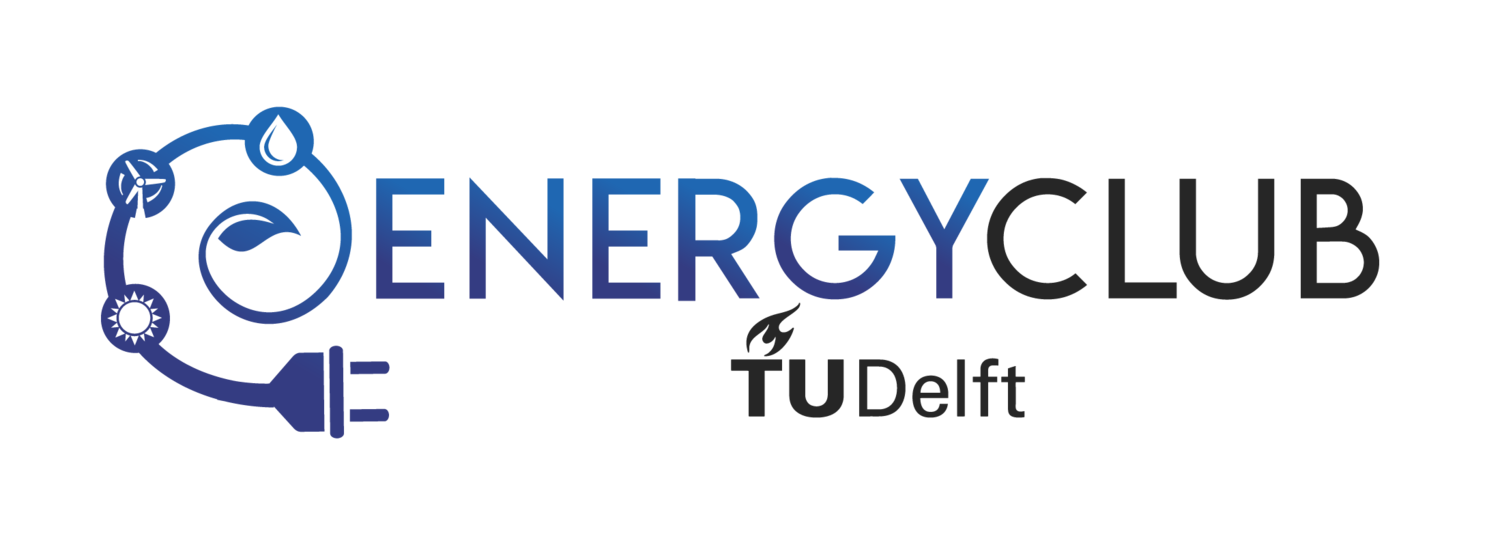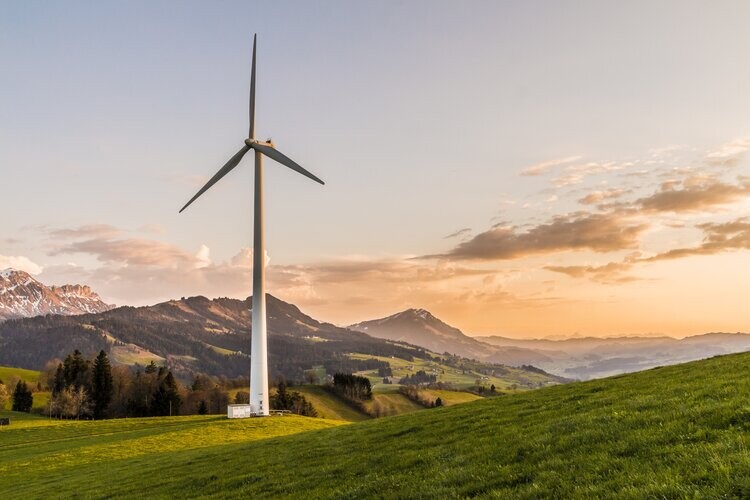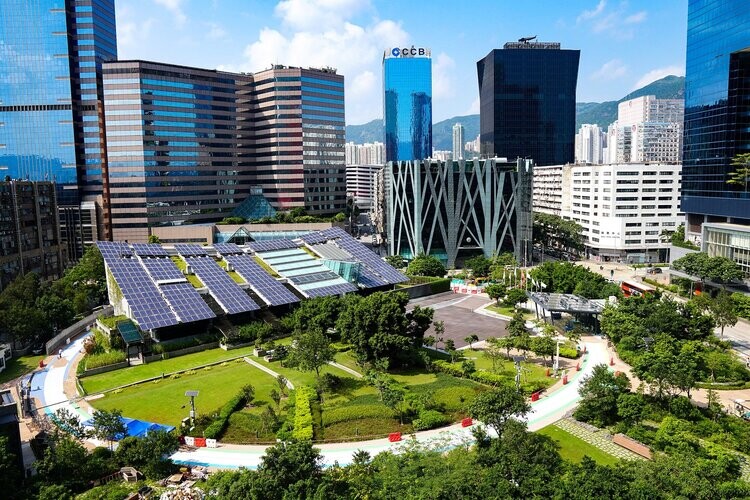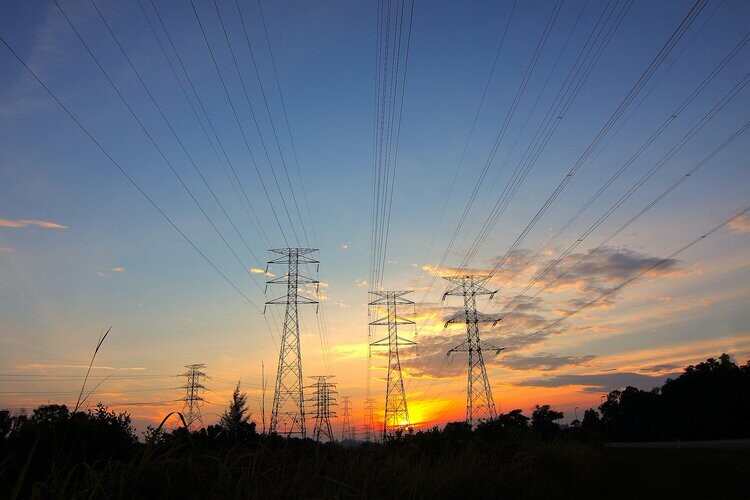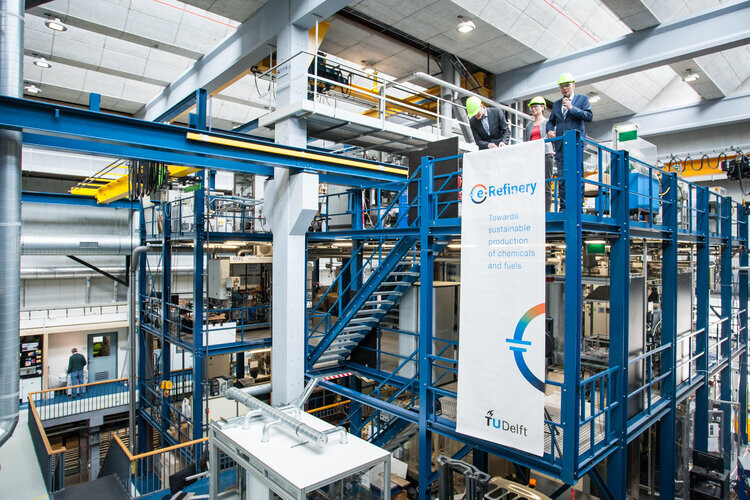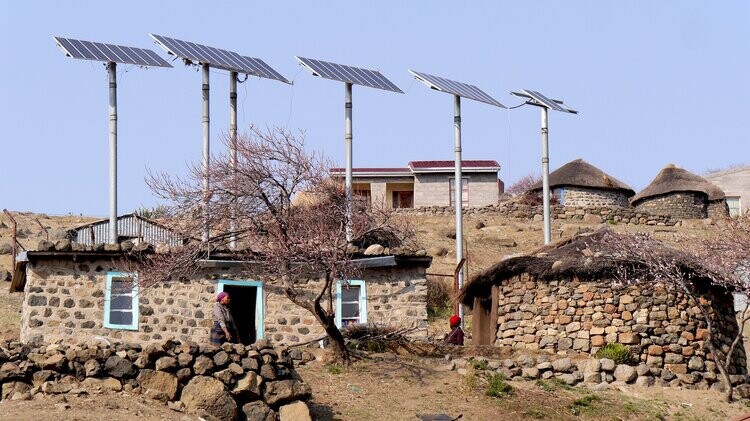Delft Energy Initiative | Research Pillars
The Delft Energy Initiative is the gateway to energy research, education and innovation at TU Delft. This initiative serves as a catalyst for collaboration and discussion between scientists and students and between TU Delft and the business community, governments and politicians. In this way, the Delft Energy Initiative contributes to energy innovation and ensures that sustainable energy supplies remain a priority for society.
The TU Delft Energy Club supports all the individual pillars by serving as the bridge between the students and researchers. The initiative comprises 4 energy pillars: Wind Energy; Urban Energy, PowerWeb and e-Refinery. Naturally, the pillars overlap and close contact is maintained. Themes such as Social Innovation and Governance cross every pillar. Since January 2020, four extra pillars have been added to expand the research areas and have a better view on specific topics. These new pillars are: Energy Social Innovation, Ocean Energy, Energy Access for All and Hydrogen at Sea. All the pillars have a website of their own, which can be found at www.tudelft.nl/en/energy.
Wind Energy Institute
Wind Energy, the furthest developed sustainable energy source which already beats the price levels of fossil fuel sources, and for which a wide array of innovative research is being performed at TU Delft. Lighter materials, cost-efficient design, smart O&M processes, optimal grid integration, alternative wind energy, wind farm optimization, recycling of turbine materials, and other related research is being performed at TU Delft in cooperation with a large network of international partners, supported by state of the art wind tunnel facilities.
Urban Energy Institute
The Dutch government aims for a 49% reduction in greenhouse gas emissions in 2030 (compared to 1990). During the current government term, each year 30,000-50,000 existing homes need to be converted to make them gas-free, and the market should be ready to make 200,000 houses per year sustainable beyond 2021. The large-scale energy transition of the urban energy system faces multiple challenges, which calls for the active involvement of house owners and stakeholders across many sectors.
PowerWeb Institute
The electrical power infrastructure is rapidly changing due to the growing use of distributed renewable sources and is becoming increasingly complex to manage. Today's electricity market requires an infrastructure for flexible, reconfigurable smart grids that can facilitate the producer and consumer in their changing needs. Future electricity grids ask for a multi-layered ICT approach in order to become robust. And need to be embedded in society as a socio-technological system in itself.
E-refinery
The energy transition has far-stretching implications for chemical companies. E-Refinery at TU Delft enables industry partners to start building the required technical capacity and human capital as soon as possible. Researchers in the e-Refinery initiative focus their research on the electrochemical conversion of sustainable electricity into fuels and chemical building blocks, from the molecular scale to large-scale system integration.
Energy Social Innovation
The Dutch energy sector has many solutions available for sustainability and the energy transition. But these solutions are mainly technical in nature, such as smart thermostats, heat pumps, storing energy in batteries and energy-efficient buildings. Research into the social and behavioural aspects of sustainability and energy is lagging behind and is usually conducted separately from technical research.
Ocean Energy
The oceans cover 71% of the earth’s surface and approximately 3 billion people live within 200 km off the coast. Ocean Energy has vast potential for the delivery of power, drinking water, and other products to coastal markets. The International Energy Agency envisions Ocean Energy will have an installed capacity of 750 GW by 2050.
Energy Access for All
The Energy Access Program of TU Delft | Global Initiative focuses on energy research for global development with a focus on energy access. An energy access research program is developed within TU Delft to enable research and technology development activities alongside local partners in low and middle-income countries.
Hydrogen at Sea
Hydrogen No. 1 in the Periodic Table of the Elements is the smallest and most abundant element on Earth. The time has come to deploy this sustainably on a large scale.
As it has a disruptive power for fossil energy systems, it has become very important. Due to the enormous price decrease of solar and wind energy, green gas (hydrogen) is beating our existing fossil energy systems. We can store it, convert it into different forms of energy and transport it over long distances with ease. So you need much less “overcapacity” in your system. An additional advantage is that we can make our natural gas network and appliances suitable for hydrogen at relatively low costs.
